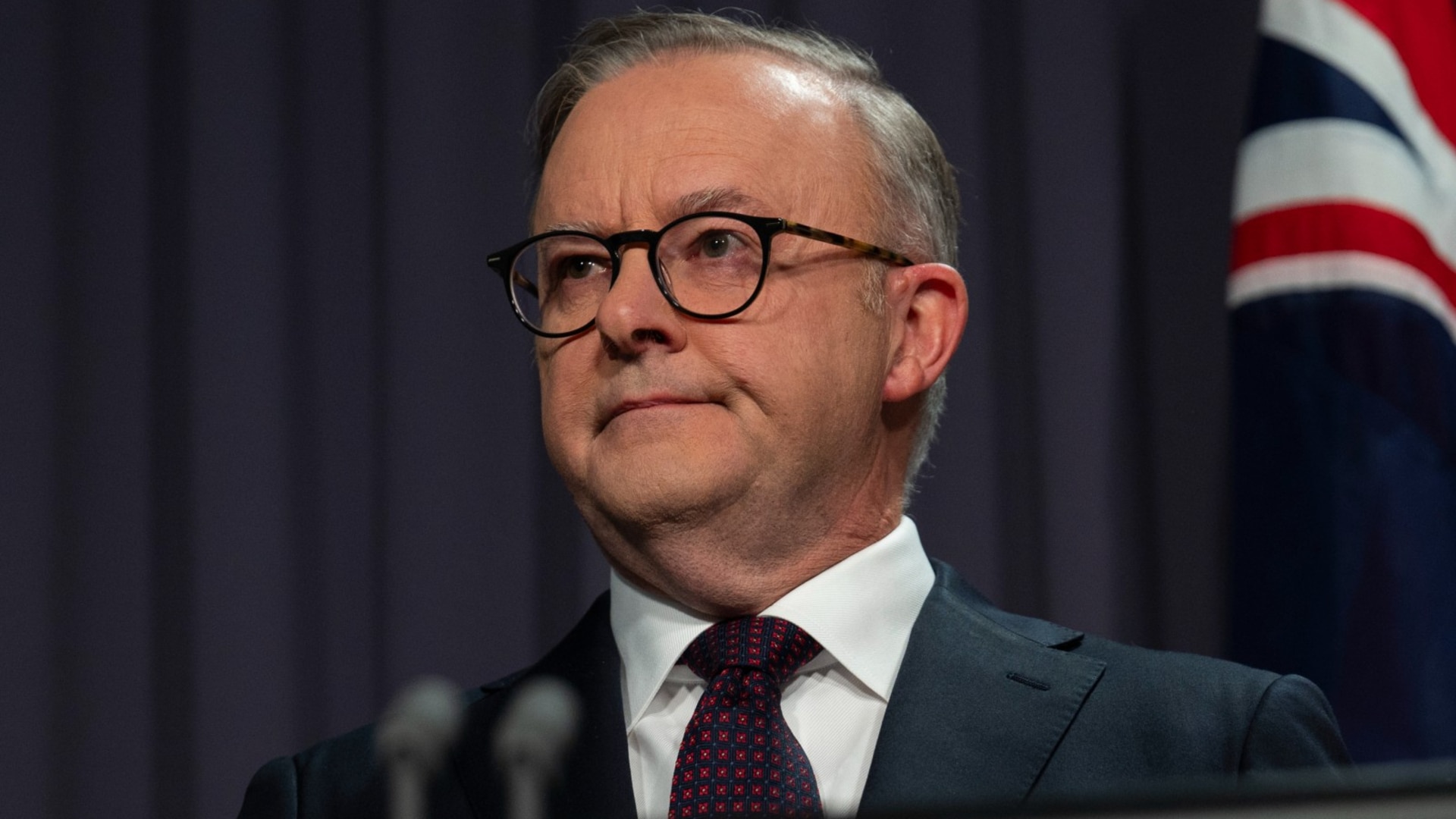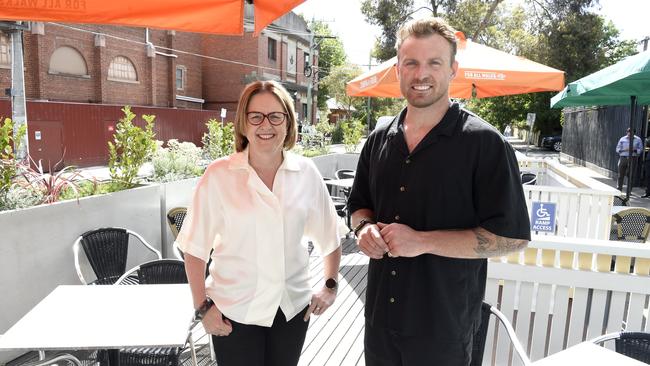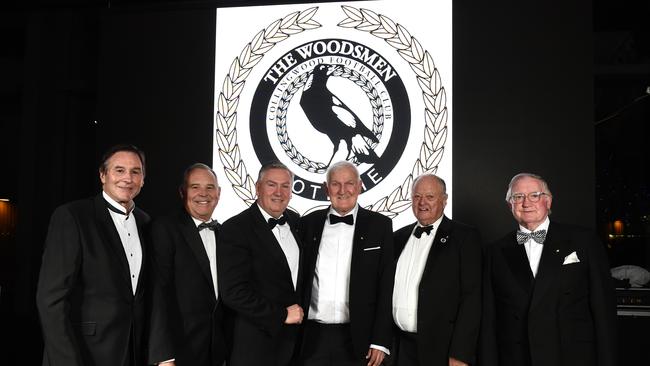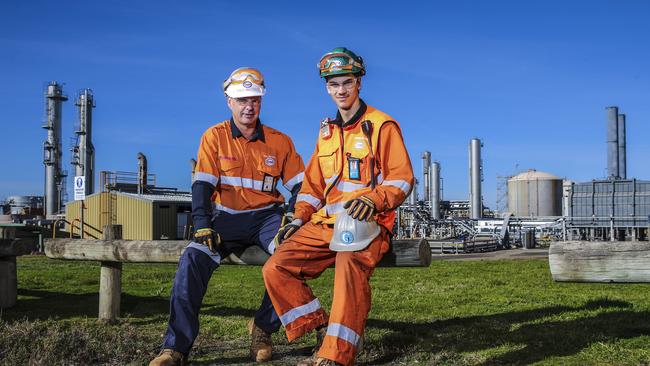
Australia’s biggest single domestic problem is the near collapse of the Victorian economy – our second-largest state by population.
This week, in a remarkable development, Premier Jacinta Allan has tacitly recognised the mess she and her predecessor Daniel Andrews have created and has summoned a committee of its top people to help the state – and the nation – get out of the quagmire.
Today I am going to explore possible recovery avenues. It is not a hopeless task. The Premier has already flagged massive deregulation as a first step.

I was overwhelmed by the high positions of the people prepared to put their name forward to offer unprecedented help. But that would not have happened if the Premier had not promised a total turnaround in energy policy and recognised that gas was an essential part of Victoria’s future. Remember, gas hatred was so deep that Daniel Andrews gave $40m to a committee to declare that Victoria had no onshore gas.
Given there will be green protests and seats will be lost, the gas policy again underlines the crisis realisation at the top levels of the Victoria government.
I will return to gas later.
The committee is chaired by Ahmed Fahour, who heads Tim Gurner’s property operation, and includes the chief executives of NAB, Bunnings, the AFL, Visy and Monash University.
Today I would like to put forward suggestions for the committee, starting with the need to realise its own limitations. Most of the enterprises on that committee can’t solve the Victorian problem. They will need to motivate others in their circle of operation.
Accordingly, a major committee challenge will be to excite the people who can actually rescue Victoria. It won’t be listed public companies but rather the descendants of the families who built Victoria plus the newcomers, particularly those from the Indian subcontinent.
If I was on that committee, my first action would be to conscript Eddie McGuire. He might be a media person (apologies to other media people) but he has an incredible knowledge of the families that make Victoria great.

There is also a need for an Indian connection.
Having recognised their committee’s limitations and challenges, my next suggested task is to instruct the Premier to quickly compile a list of government land that could conceivably be developed and muster those families and their connections to put forward development proposals. And not just dwellings. The committee needs to foster development in areas of Victoria strength. including sports, medicine, science, engineering and so on.
The AFL chief should look at restoring the MCG development project, which seems to have stalled. A number of developments should be selected and given a fast track. Obviously not all can proceed at once.
There are other essential tasks. Anti-Semitism is destroying both our major cities, and the vice-chancellor of Monash University must get the backing of her board to rid the university of anti-Semitism with the strongest possible action against any students and staff who are involved.
The hard word needs to be put on the badly performing University of Melbourne board to follow. Maybe all universities should be involved. University boards may need some harsh penalties to do their job.
An essential role of the committee will be to instruct the Premier to require the licensing of protests as in other states. These are important steps because if not tackled strongly and harshly, the thrust of anti-Semitism will spread to attack other communities.
Victoria and NSW have an energy crisis as a result of their own foolishness and that of the commonwealth. Indeed, Victoria and NSW are the biggest contributors to the disastrous $660bn Australian energy plan.
Renewables only work if they are linked to gas-fired power stations and both NSW and Victoria have placed their renewables a long way away from markets, requiring enormous investment in transmissions lines.
This has to stop, and renewable power needs to be generated nearer to markets while adjusting existing transmission lines. The cost savings will deliver affordable power. And crazy ideas like high-cost offshore wind power must be stopped by the committee.
The $660bn energy plan includes gas matching renewables on an 80/20 basis. There needs to be a 60–40 renewables/gas ratio.
As I described last week, there is enough gas from Beetaloo in the Northern Territory. But Victoria has abundant cheap onshore gas. The Gippsland field requires six wells to determine its permeability and if that happens then it can be fast-tracked, given it adjoins the main pipeline.

The field is owned by the government and the revenue has the potential to transform the state’s budget. And the water co-product can be used to grow carbon-absorbing plants and transform Victorian agriculture. Victoria needs to drill quickly because, if gas development is not feasible, then the state needs to immediately access Beetaloo.
If Victoria is smart, it might do both. It is an incredible opportunity. Around the world huge cloud and artificial intelligence centres are being built which require massive amounts of power. Nuclear is the main source of power for most of the world in that area because it is simply more suitable. Victoria has to match NSW and other states to set up these developments because industry will be attracted to these energy centres.
The Premier must abandon her disastrous “train to nowhere” project. This needs to be part of the rescue efforts that confirm she is serious about rescuing the state.
If this committee doesn’t do its job or is prevented from doing its job by Victorian politics, then Australians will need to fasten their safety belts, for Victoria will require a bailout and all the associated penalties.



